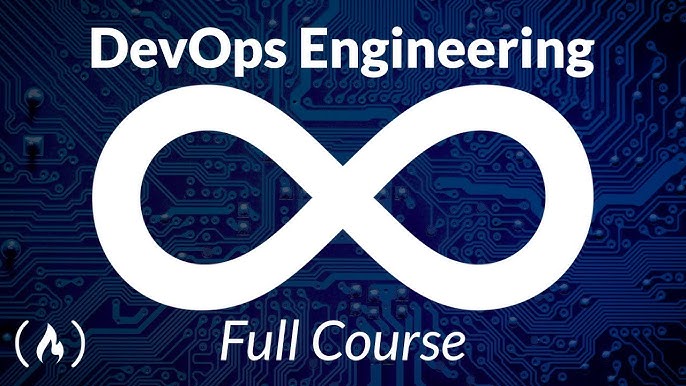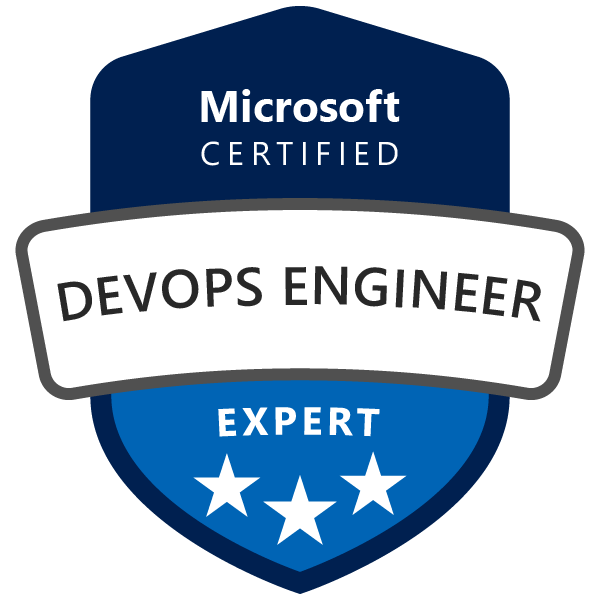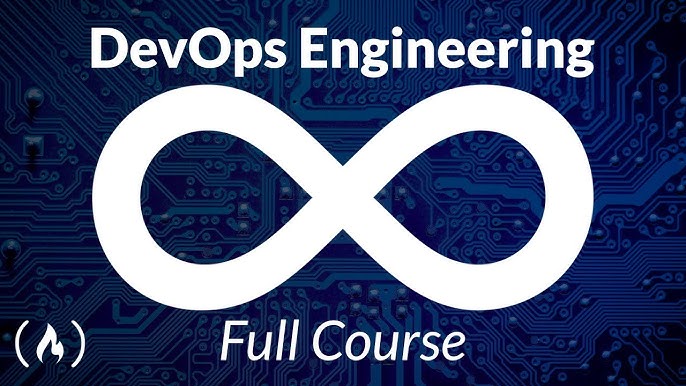DevOps Engineer Course Boost Your Skills and Career Today!
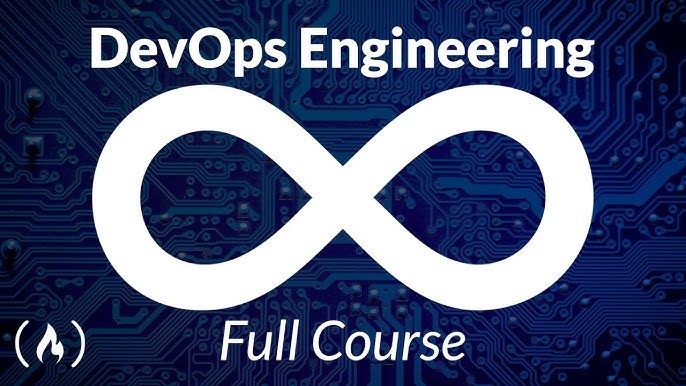
DevOps Engineer Course: Boost Your Skills & Career Today!. Unlock your potential with our DevOps Engineer Course: Boost Your Skills & Career Today! Learn key tools & best practices to advance your career now!
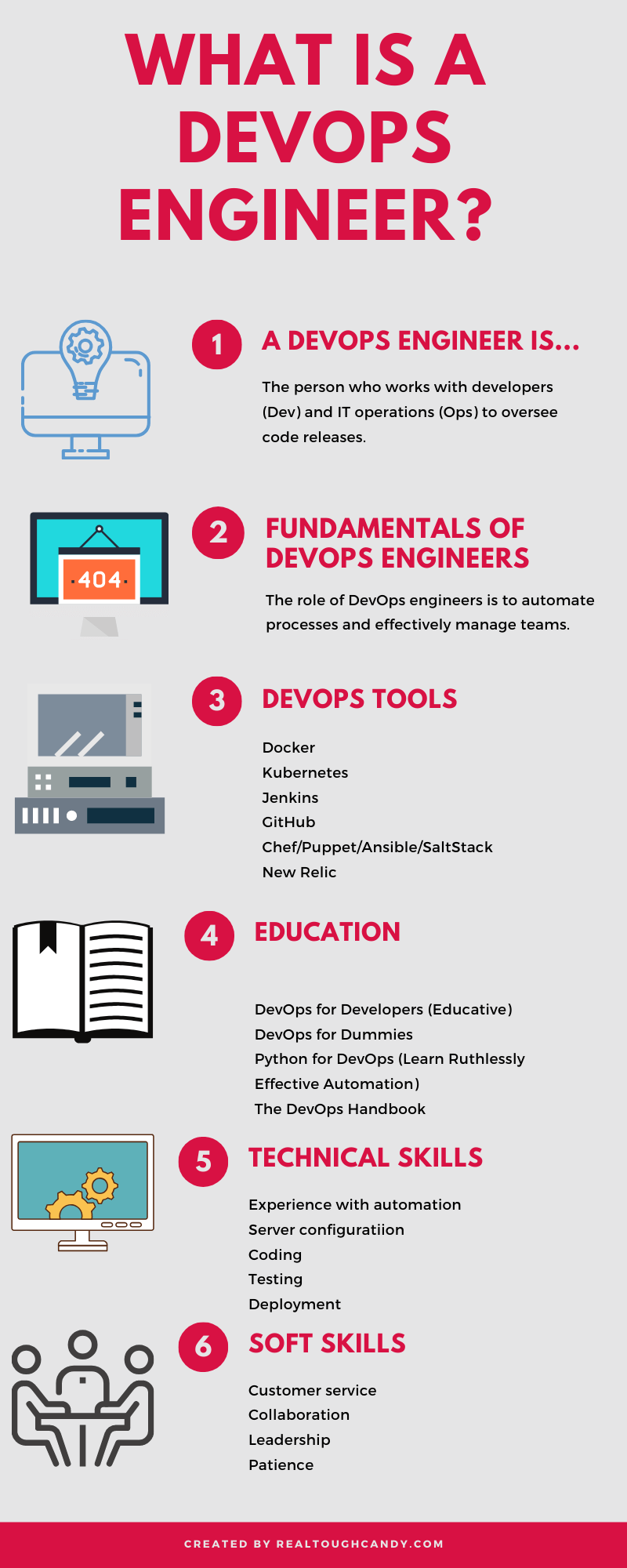
What is a DevOps Engineer Course?
A DevOps Engineer Course: Boost Your Skills & Career Today! provides a unique education pathway that bridges the gap between development & operations in software delivery. This course covers various practices, tools, & methodologies that enhance cooperation between software developers & IT professionals. Key areas typically included are continuous integration, continuous deployment, automation, containerization, & infrastructure as code. By enrolling, you gain insights into the lifecycle of application development, emphasizing efficiency & collaboration.
This course aims to equip you with both foundational & advanced skills relevant to modern DevOps practices. From understanding version control systems like Git to mastering configuration management tools like Ansible or Puppet, the curriculum is tailored to meet industry standards.
Why Invest in a DevOps Engineer Course?
Investing in a DevOps Engineer Course: Boost Your Skills & Career Today! is a strategic move for anyone looking to augment their professional portfolio. One of the most compelling reasons is the skyrocketing demand for DevOps professionals. Companies are increasingly recognizing that agile methodologies streamline productivity, & roles that blend development & operational responsibilities are becoming more crucial.
On top of that, the skills acquired from this course offer versatility. You can apply them to various technology stack environments, making yourself a valuable asset in many organizations. With practical experience, you can stand out during job interviews & be part of cutting-edge projects.
And don't forget, many industry-leading firms are prioritizing DevOps principles, indicating that proficiency in this area can lead to better job opportunities & higher salaries. The landscape showcases companies that are on the lookout for professionals who can push projects to completion quickly while ensuring quality & sustainability.
Course Structure & Curriculum
A well-planned curriculum is essential in a DevOps Engineer Course: Boost Your Skills & Career Today!. The structure generally progresses from foundational skills to more advanced techniques. Here’s a typical layout of the course:
Module Description
Introduction to DevOps Overview of DevOps principles & practices.
Version Control Systems Using Git & its features in collaborative projects.
Continuous Integration Setting up CI pipelines using tools like Jenkins.
Deployment Strategies Methods for effective software deployment.
Containerization Introduction to Docker & Kubernetes for managing applications.
Monitoring & Logging Using tools to monitor application performance & troubleshoot problems.
This curriculum aims to ensure you gain both theoretical knowledge & hands-on experience, culminating in real-world projects that showcase your newfound skills. Many programs also incorporate collaborative projects that add to your practical application of the theories learned.
Skills Gained from the Course
Upon completing the DevOps Engineer Course: Boost Your Skills & Career Today!, you will acquire a diverse skill set that is critical in today’s tech landscape. Some of the key skills you will learn include:
Proficiency in coding & scripting languages, enhancing problem-solving capabilities.
Knowledge of cloud services like AWS, Azure, or Google Cloud which is essential for deployment & scalability.
Expertise in monitoring tools that help ensure application reliability & performance.
Understanding of CI/CD pipeline creation to automate the software release process.
Familiarity with container orchestration tools which improve application deployment efficiency.
These skills reinforce your technical foundation & prepare you for practical challenges in the workplace. And don't forget, they will position you as an attractive candidate to employers looking for professionals who can foster collaboration & enhance delivery processes.
Real-World Applications of DevOps Skills
Understanding real-world applications is a critical aspect of any DevOps Engineer Course: Boost Your Skills & Career Today!. Professionals who advance through this educational path often find themselves in roles that necessitate the application of their knowledge in various projects. For instance, a DevOps engineer may work on automating tasks such as testing & deployment, leading to more frequent release cycles & improving software quality.
Organizations also utilize DevOps methods to implement agile project management, allowing for quicker adaptations in project scope based on feedback & changing needs. And another thing, by employing monitoring techniques learned in the course, teams can proactively address performance issues before they impact end-users.
“The best way to enhance your career prospects is to develop skills that are in high demand. A good DevOps course can help you achieve this.” - Jeramy Altenwerth III
On top of that, familiarity with cloud-native solutions allows companies to scale resources quickly & efficiently. Thus, participating in this course not only prepares you for varied roles but provides a substantial edge in the competitive job market.
Choosing the Right Course Provider
Selecting the right provider for your DevOps Engineer Course: Boost Your Skills & Career Today! can impact the quality of learning & the value you derive. Important factors to consider include accreditation, course content, instructor expertise, & student support. Accredited providers ensure that the principles taught are industry-relevant & recognized.
On top of that, look for courses that emphasize hands-on training & real-world scenarios. This practical focus guarantees that you can apply knowledge immediately in the workforce. Researching reviews & testimonials from previous students can offer insights into the course's effectiveness as well.
Many educational institutions & online platforms offer DevOps certifications. Choosing between in-person classes or online sessions can also influence your learning experience. Online courses often provide flexibility, catering to those balancing professional & personal commitments.
Career Opportunities After Completing the Course
Completing a DevOps Engineer Course: Boost Your Skills & Career Today! opens a multitude of career doors. The demand for skilled DevOps professionals is on the rise, making it an opportune time to enter this field. Entry-level positions may start as DevOps engineers or systems administrators, focusing on automating infrastructure & processes.
With further experience, professionals can advance to roles such as DevOps manager, site reliability engineer, or even IT consultant. Industry sectors that particularly value DevOps expertise include finance, healthcare, & technology companies, all of which rely on efficient software development practices to maintain competitiveness.
And another thing, positions often come with attractive compensation packages that reflect the high demand for these skills. According to recent surveys, professionals with DevOps expertise can expect salaries well above the industry average, making this an enticing field to enter.
FAQ
What is a DevOps Engineer’s role?
A DevOps engineer's role involves facilitating the collaboration between development & operations teams to enhance software delivery through automation, monitoring, & continuous integration & deployment methods.
How long does a typical DevOps Engineer course take?
The duration of a DevOps Engineer course can vary widely, ranging from a few weeks for intensive boot camps to several months for comprehensive online programs. Full-time courses may take 8 to 12 weeks, while part-time options may last longer.
Do I need prior experience to enroll in a DevOps Engineer course?
While prior experience in software development or system administration can be beneficial, many courses are designed for beginners. Basic understanding of programming & IT concepts is often recommended.
What certifications can I achieve after completing a DevOps course?
After completing a DevOps course, participants may achieve various certifications, including those from recognized organizations like AWS Certified DevOps Engineer, Google Professional DevOps Engineer, or certifications from the DevOps Institute.
Where can I apply my DevOps skills?
DevOps skills can be applied in a multitude of sectors, including IT, finance, retail, & healthcare. Companies looking to enhance their software development capabilities highly value professionals trained in DevOps practices.
DevOps Engineer Course
The DevOps Engineer Course: Boost Your Skills & Career Today! handles crucial techniques & principles that are crucial in fostering efficiencies in software delivery. By equipping yourself with the skills learned through such a course, you can enhance your career prospects & become a competitive player in a growing field. Happy learning!


